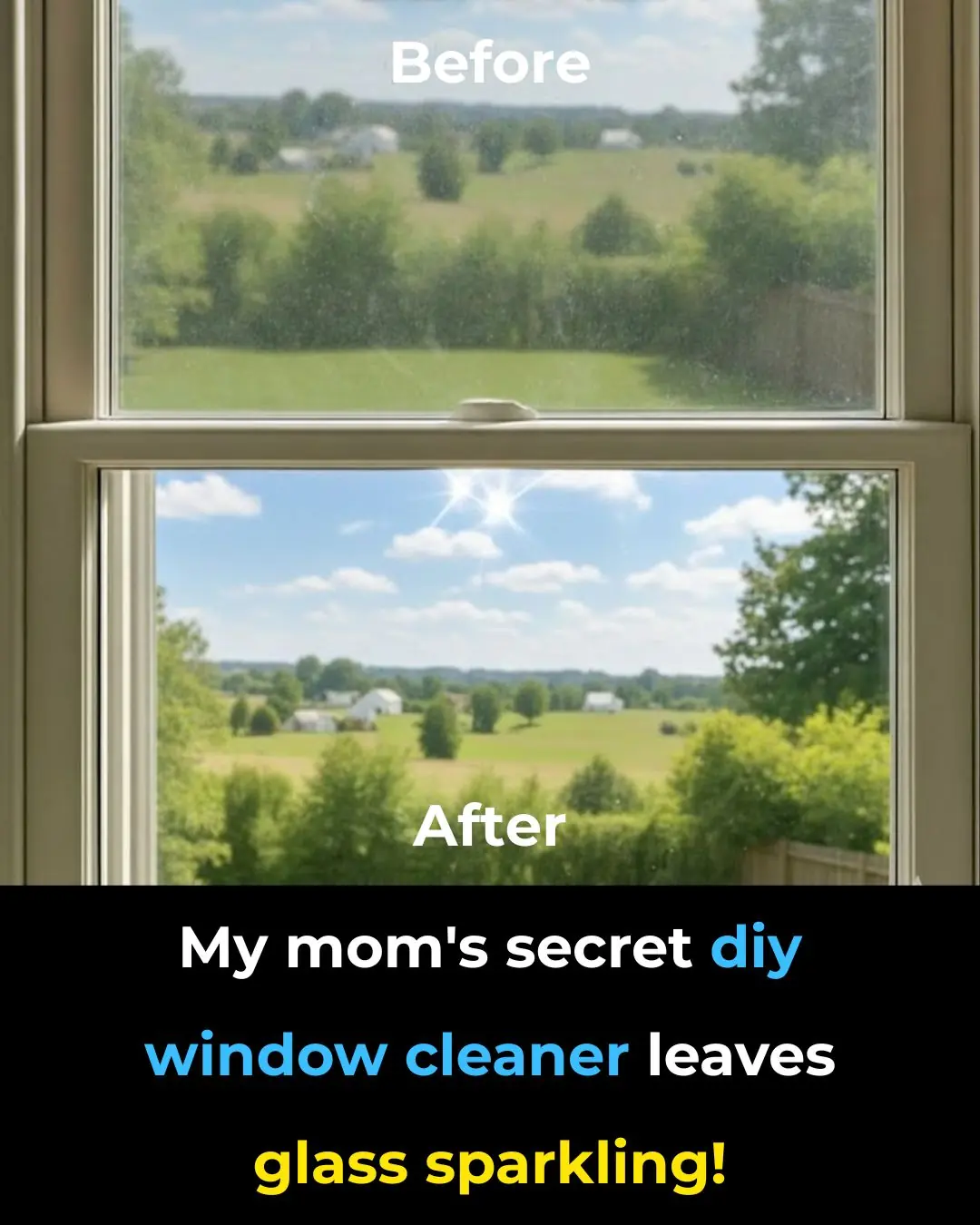
How Childhood Trauma Shapes the Brain: Insights from Neuroscience
Childhood Trauma and Brain Patterns
Researchers have discovered that children who grow up amid persistent conflict, abuse, or neglect often display brain patterns remarkably similar to those observed in soldiers returning from combat. Neuroimaging studies have shown that these children exhibit heightened stress responses and structural changes in the brain that are associated with long-term emotional strain.
Heightened Threat Responses
Specifically, scientists have observed increased activation in brain regions that process threat, pain, and fear. For example, when children exposed to violence at home are shown angry or sad faces, their brains respond more intensely than those of children from stable environments. These neural responses mirror patterns seen in veterans with post-traumatic stress disorder (PTSD), suggesting that early exposure to hostility or neglect can “prime” a child’s brain to remain hyper-vigilant.
Structural Brain Changes
Severe neglect in childhood has been linked with alterations in white matter, the brain’s connective tissue that supports communication between different regions. Studies have found that children raised in institutional care, such as orphanages, often exhibit disrupted white matter development compared to those raised in nurturing family environments. Such structural changes can have lasting effects on brain connectivity and information processing.
Impact on Stress Systems
Beyond structural differences, childhood trauma affects the body’s core stress response system, known as the hypothalamic-pituitary-adrenal (HPA) axis. Early neglect and abuse can lead to chronic overactivation of this system, which may reduce brain volume, impair communication between brain hemispheres, and hinder the development of critical regions such as the corpus callosum. These changes help explain why children exposed to severe stress often experience difficulties with emotional regulation and heightened vulnerability to anxiety, depression, or other mental health disorders later in life.
Long-Term Emotional Consequences
These long-term neural adaptations may underlie many behavioral and emotional difficulties. Children exposed to chronic adversity often struggle with regulating emotions, forming secure relationships, and coping with stress. The neurobiological effects of trauma highlight how deeply early experiences shape the brain’s responses to fear, safety, and social interactions throughout life.
The Importance of Supportive Caregiving
Taken together, these findings underscore the enormous impact of early instability on brain development. Supportive caregiving—consistent, safe, and emotionally responsive—is not only beneficial but critical for healthy development. By providing stable and nurturing environments, caregivers can help prevent neurobiological harm, build resilience in children, and promote healthier emotional and cognitive growth.
News in the same category


Tesla Faces Slump: Over 10,000 Cybertrucks Remain Unsold Amid Weak Demand

Over a Million ‘Giant Eggs’ Discovered Near Deep-Sea Hydrothermal Vents

World’s First Full Human Eye Transplant Shows Promising Survival
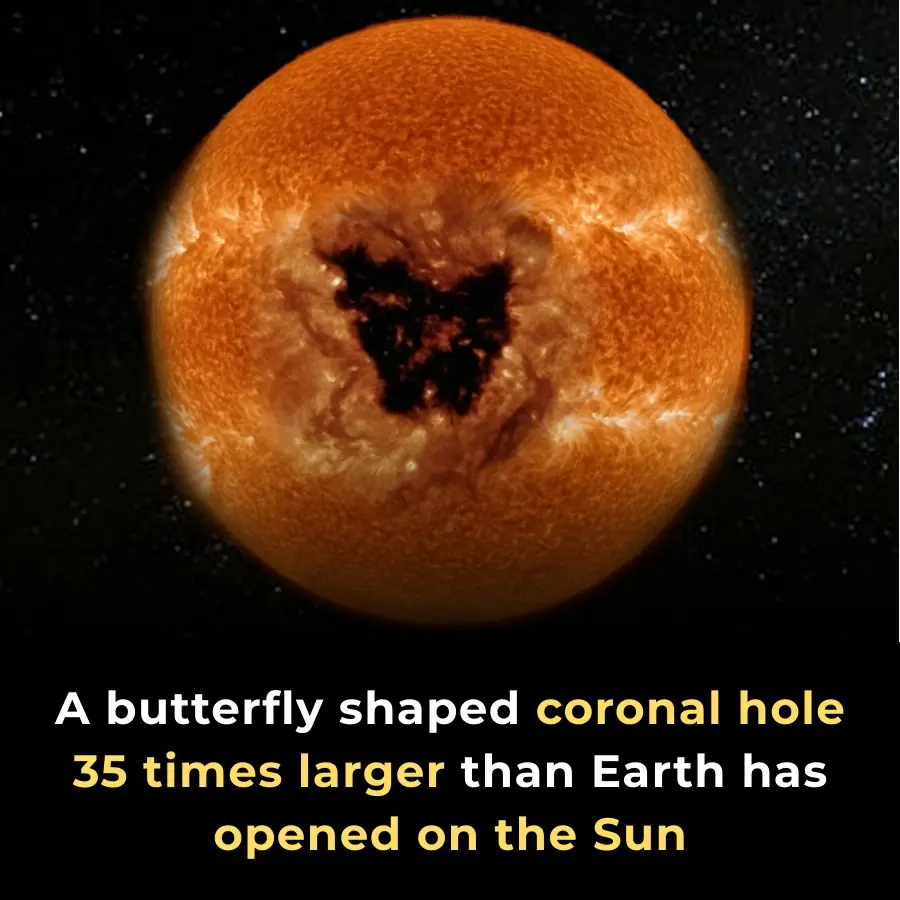
NASA Spots Giant Butterfly-Shaped Coronal Hole Sending Solar Wind Toward Earth
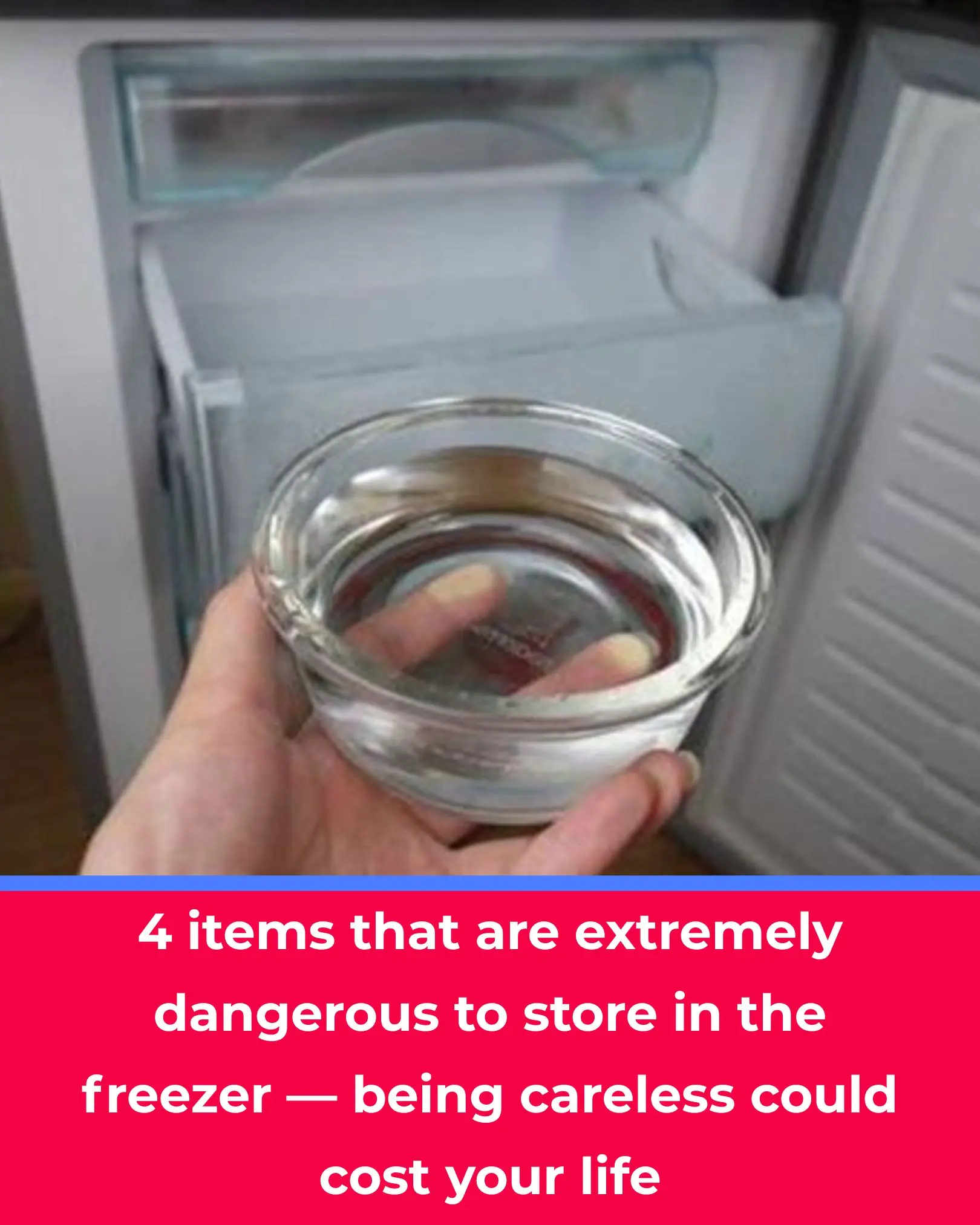
4 Items You Should Never Store in the Freezer — Ignoring Them Could Be Life-Threatening
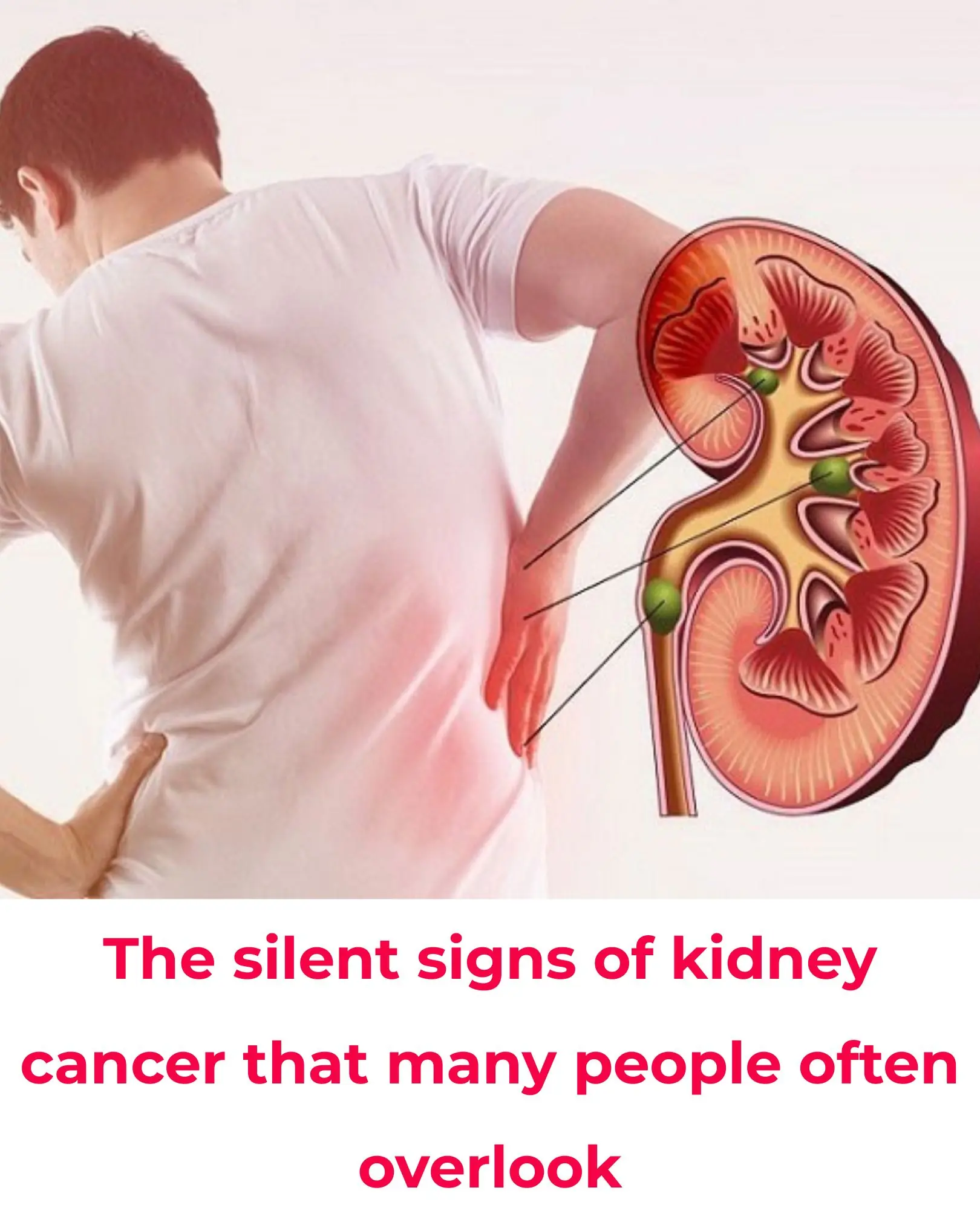
Subtle Signs of Kidney Cancer That Are Easily Overlooked

It’s Time to SAVE YOUR KIDNEYS by Eating These 3 Foods: Familiar but Not Everyone Knows How to Use Them

U.S. doctor reveals how to remove pesticides and dirt from fruits — just a few simple steps to protect your family

You’re storing garlic and onions wrong — here’s the right way

10 simple ways to reduce dust at home that most people overlook

You’re Doing It All Wrong: Here’s the Right Way to Defrost Frozen Pipes

I Didn’t Know!

Powerful Health Benefits of Pineapple You Should Know
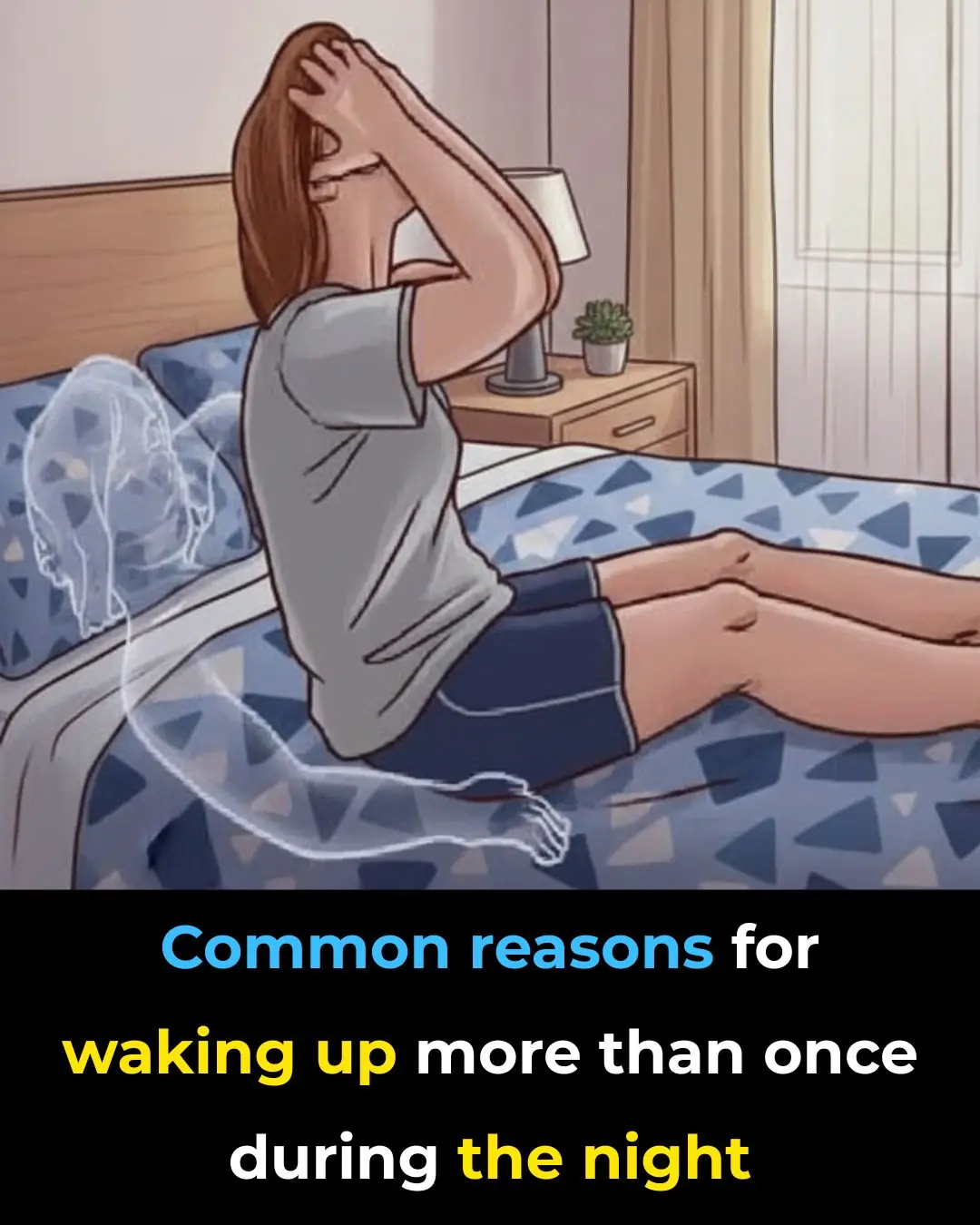
Why You Keep Waking Up at Night
China Just Launched the World’s First 10G Home Internet — And It Signals the Future of Global Connectivity

Good to know!
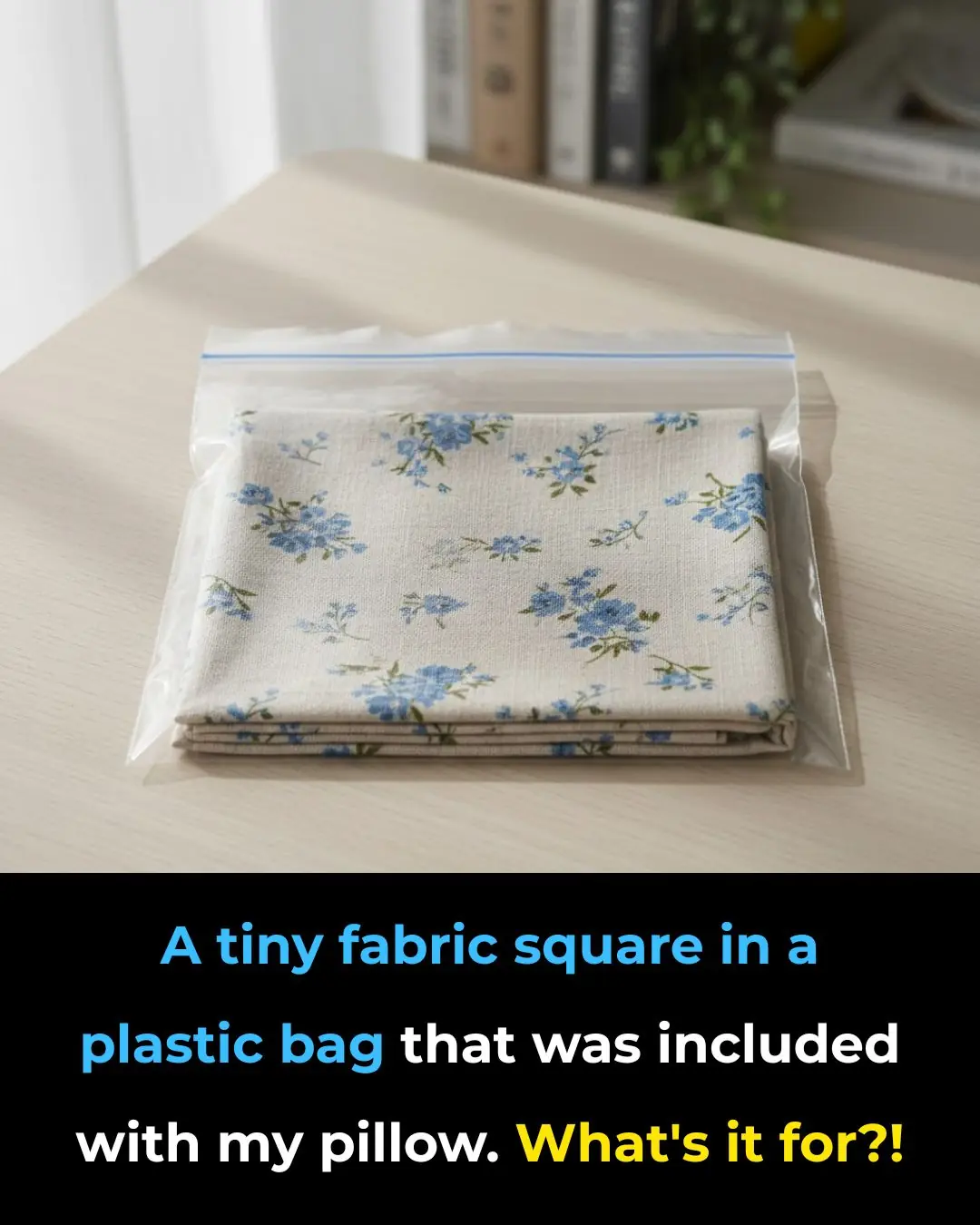
I had no idea
